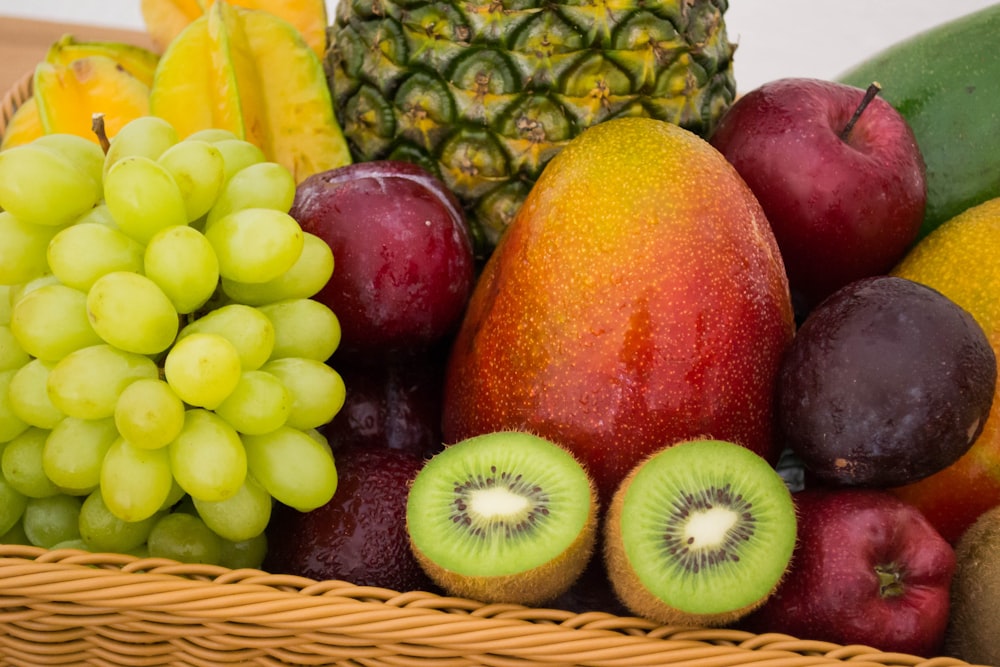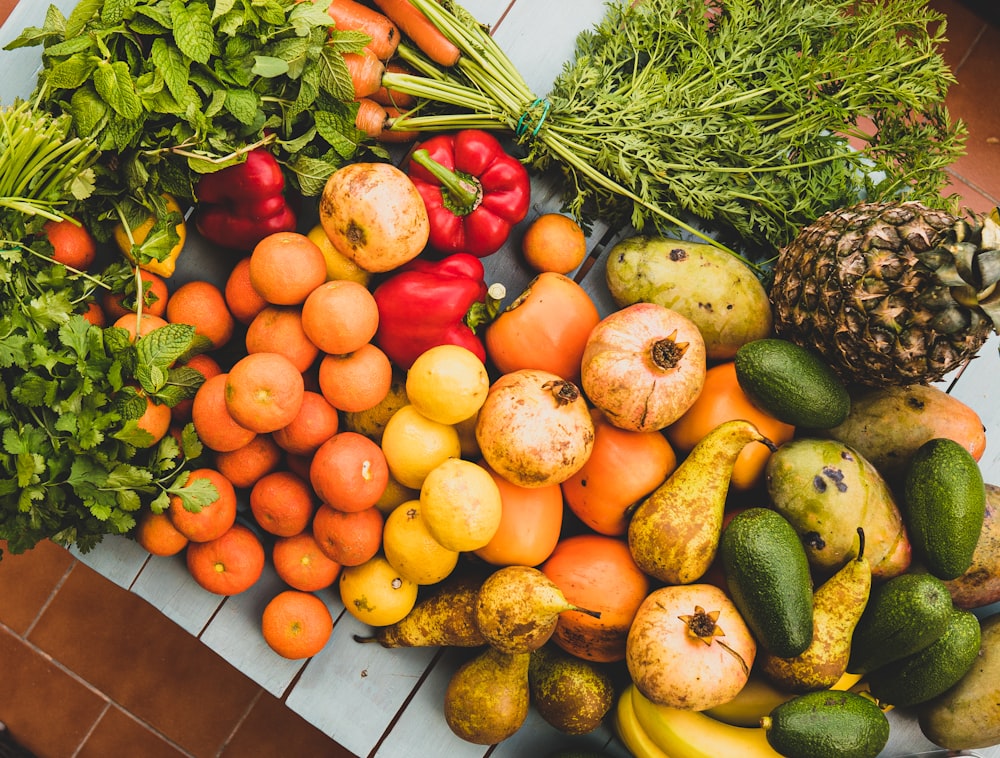Published 20:55 IST, May 20th 2024
According to the FSSAI, state and union territory food safety departments are urged to take strict actions against those involved in these unlawful practices.
Advertisement
The Food Safety and Standards Authority of India (FSSAI) has issued a stern warning to food business operators, traders, and fruit handlers against the use of calcium carbide or carbide gas for artificially ripening fruits. This practice, already prohibited under the Food Safety and Standards Regulations of 2011, poses significant health risks. The reminder comes particularly during the peak of the mango season when the practice is most prevalent.
According to the FSSAI, state and union territory Food Safety Departments are urged to maintain vigilance and take stringent actions against those involved in these unlawful practices. This directive aims to protect consumers from the health hazards associated with calcium carbide.
Advertisement
Why calcium carbide is dangerous?
Calcium carbide, when used for ripening, releases acetylene gas, which contains harmful traces of arsenic and phosphorus. These substances can lead to serious health issues if ingested. The FSSAI's press release highlights potential health risks such as dizziness, frequent thirst, irritation, weakness, difficulty in swallowing, vomiting, and skin ulcers due to these toxic residues.
The Food Safety and Standards Regulations, specifically Regulation 2.3.5, explicitly prohibit the sale or exposure of fruits ripened using acetylene gas, commonly referred to as carbide gas. This regulation is crucial for ensuring the safety of fruit consumers across the country.
Advertisement

Safe alternatives for ripening fruits
As a safer alternative, the FSSAI endorses the use of ethylene gas for fruit ripening. Ethylene is a naturally occurring hormone that regulates the ripening process in fruits, initiating and controlling a series of chemical and biochemical activities. By treating unripe fruits with ethylene gas, the natural ripening process is safely triggered until the fruit itself begins to produce ethylene in significant quantities.
The FSSAI allows the use of ethylene gas in concentrations up to 100 ppm, depending on the type of fruit, its variety, and its maturity level. This controlled use ensures that fruits ripen in a manner similar to their natural process, maintaining safety and quality for consumers.
Advertisement

This alert from the FSSAI underscores the importance of adhering to safe food practices and regulations, particularly in the fruit industry, to safeguard public health and maintain consumer trust. The authority's proactive stance aims to eliminate harmful practices and promote safer, regulated methods of fruit ripening across India.
Advertisement
20:55 IST, May 20th 2024